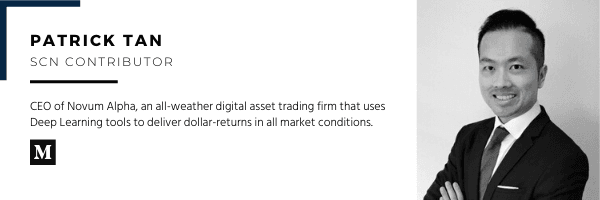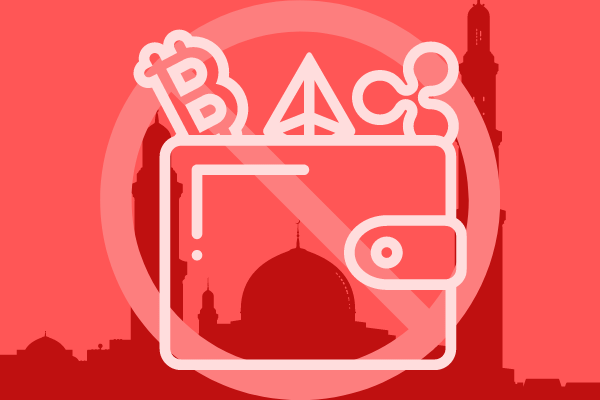
- A recent enforcement action by the U.S. Commodity Futures Trading Commission (CFTC) signals that the DAOs are within the purview of the agency’s oversight.
- According to tracker DeepDAO, the action may have big implications for the nearly 5,000 DAOs in existence, about 2,300 of which have assets of more than US$1 million.
Over the past year, many crypto projects have transformed themselves into decentralized autonomous organizations, or DAOs – organizations governed by holders of special tokens – partly in hopes to avoid regulatory scrutiny and probably to avoid giving authorities an entity to target.
Because most DAOs don’t check their customers’ identities, or otherwise comply with many existing financial-industry laws such as KYC and AML, the decentralized nature of the businesses that they operate are one excuse for not performing such checks.
However, a recent enforcement action by the U.S. Commodity Futures Trading Commission (CFTC) signals that the DAOs are within the purview of the agency’s oversight.
On Thursday, The CFTC filed and settled charges against bZeroX LLC and its founders Tom Bean and Kyle Kistner for illegally offering “leveraged and margined retail commodity transactions in digital assets,” among other charges.
Simultaneously, the CFTC filed a federal civil enforcement action in the U.S. District Court for the Northern District of California charging the Ooki DAO – a decentralized effort that bZeroX converted into last year – with violating the same laws.
According to tracker DeepDAO, the action may have big implications for the nearly 5,000 DAOs in existence, about 2,300 of which have assets of more than US$1 million.
The CFTC’s action holds accountable for the DAO’s violations those individuals who participated in decision-making for the Ooki protocol by exercising their governance tokens.
According to DeepDAO, there are 3.9 million holders of governance tokens,and they include many high-profile venture-capital firms, including the likes of Andreessen Horowitz.



